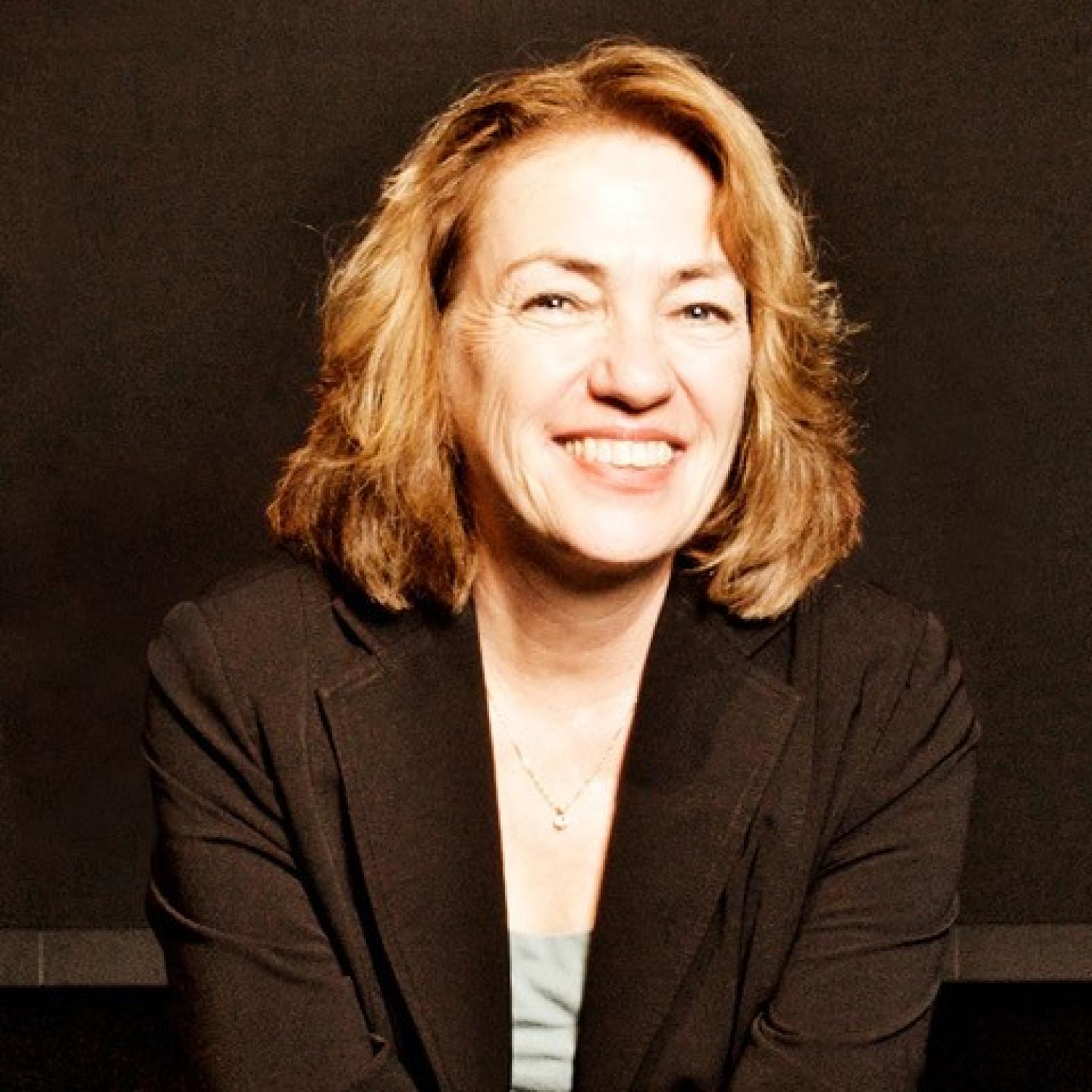Lucy Sanders (MCompSci'79)

Who or what had a strong effect on your interest/trajectory in computer science?
My father worked in an early data center with large mainframe computers, so I had a lifelong familiarity with computing. My interest was further formed by my high school advanced math teacher; she taught us not only how to program a small desk top Olivetti computer, but also the Fortran programming language. An excellent educator, she always went the extra step, assembling our Fortran programs to be run on a mainframe at a local college in Shreveport, Louisiana, where I grew up. That’s how I first learned that computers do exactly what you tell them to do despite your best intentions.
Tell us about your career path.
While attending CU to earn a graduate degree in computer science, I also worked at AT&T Bell Labs in Denver. After graduation I stayed at Bell Labs, leaving almost 25 years later having become an R&D vice president and Bell Labs Fellow. Bell Labs was an exciting place to be in the early days of software development — I worked on operating systems, data management systems and large scale enterprise multimedia software. I now work at CU focused on correcting under-representation issues in computing, seeking solutions to increase the number of women and other under-represented groups in the discipline.
What is your biggest career or life lesson to date?
Listen well and utilize the “spirit of inquiry” to understand what others mean before jumping to conclusions. Verbal and written communications are often imprecise and taking a bit of extra time to learn more and consider your reaction improves outcomes and relationships.
What is your current professional role? What is your favorite part of that role?
Today I am the CEO and co-founder of the National Center for Women & Information Technology (NCWIT), an effort started at CU in 2004 with a grant from the National Science Foundation. We work with over 1,200 organizations across the country, and thousands of students, to both create a more diverse set of students interested in pursuing computing disciplines and careers, and a more inclusive technical environment in which everybody can study and work. I most enjoy seeing the progress that the United States is making in this area, and knowing that NCWIT is playing a leading role in helping others achieve success.


